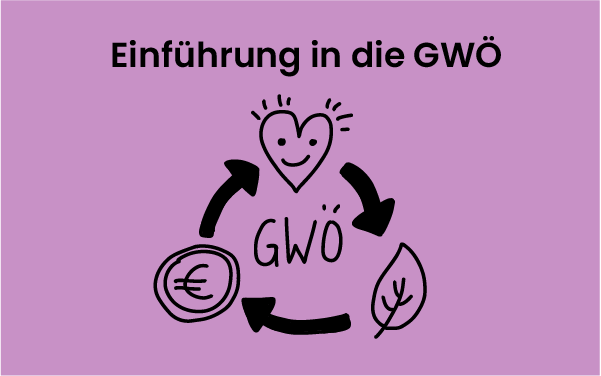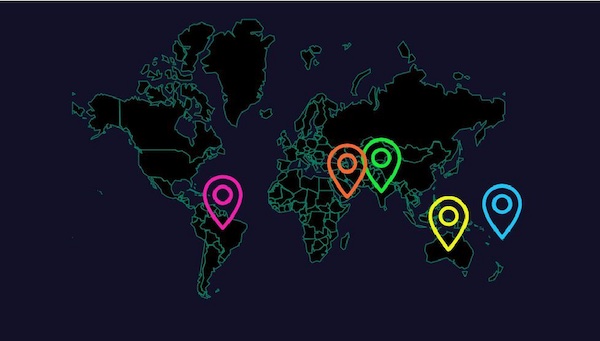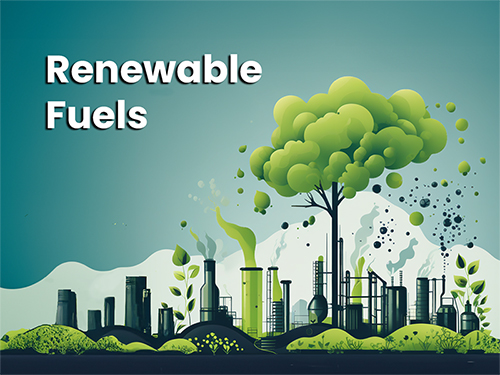
Renewable Fuels
Renewable fuels can already replace petroleum-based fuels today. In this online course, you will learn which feedstocks are needed for this purpose and how they are produced.
Go to courseWhat to expect
Alternatives to fossil fuels are becoming increasingly important. In recent years, there has been widespread discussion about whether electric drives could replace traditional gasoline and diesel engines in the future to reduce the emission of climate-damaging CO2. However, there are also voices that see alternative fuels for combustion engines as a significant step towards reducing CO2 emissions alongside electric drives.
But what alternatives are there? This learning material provides an overview of the production processes of various types of fuels that are already available today or could play a greater role in replacing petroleum-based fuels in the future. We will explore the feedstocks and production processes needed for these renewable fuels.
Learning objectives
The module provides insights into the production processes of various renewable fuels. Participants can expand their knowledge about feedstocks and pathways for processing renewable fuels.
After completing this learning material, you will:
- know alternatives to traditional fossil fuels,
- understand basic definitions and characteristics of renewable fuels and know how they differ,
- be familiar with the main types of feedstocks used for the production of renewable fuels.
- be able to distinguish between biofuels and electrofuels,
- have learned the chemical fundamentals of the processes for obtaining alternative fuels,
- be able to explain the production processes of various types of fuels,
- know which types of fuels are already available or could play a greater role in replacing petroleum-based fuels in the future,
- be able to compare the technological maturity of different fuel production processes,
- be able to evaluate the advantages and disadvantages of various types of fuels compared to fossil fuels.
Learning method
You can go through the individual lessons as needed and at your own pace. The learning material is available in both German and English, and you can switch to your preferred language at the beginning and at several points throughout the course.
Upon completing all the course content, you will receive a certificate of participation at the end. For this, you must be enrolled in the course and have worked through all the lessons.
The information in the course is supplemented with small quizzes. These are solely for self-assessment, and the results are not relevant for the certificate of participation.
More info
Anne Rödl, Steffen Voß and Stefan Bube
Implementation:
ALEKO Lernmodule - Alexander Korzekwa
Related courses
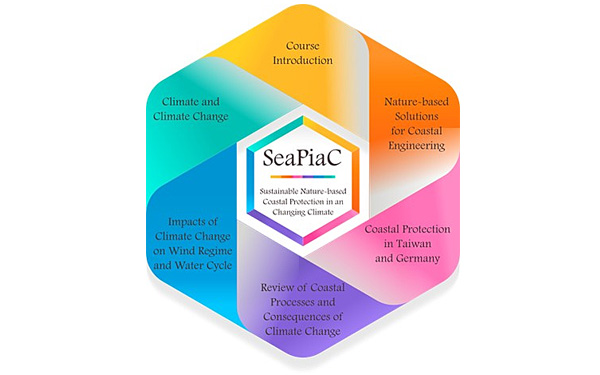
Go to course
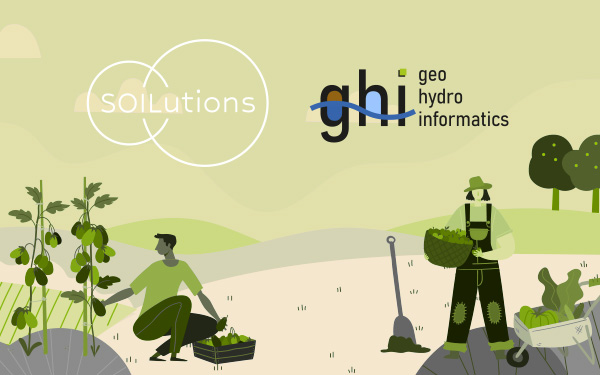
Go to course
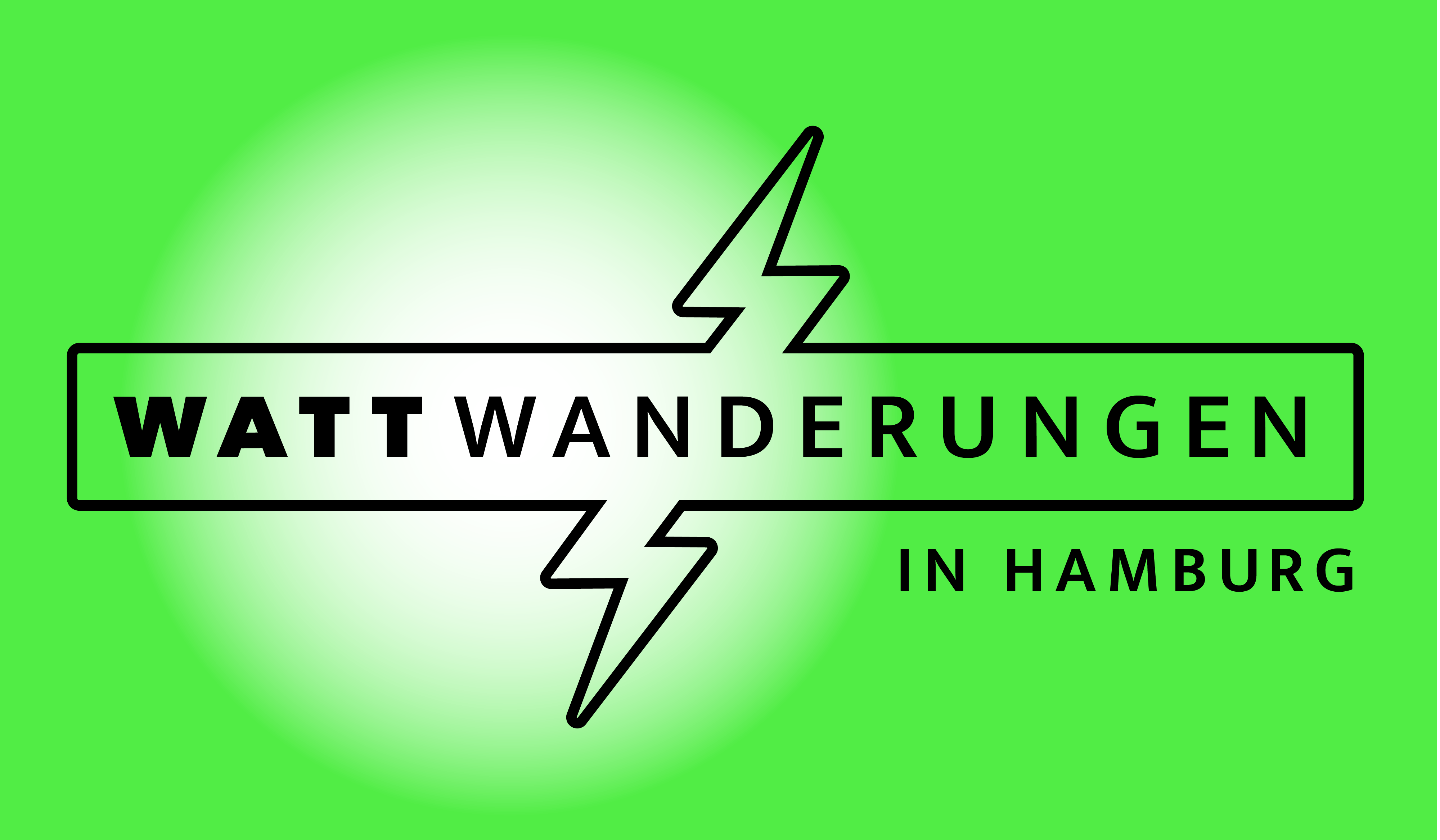
Go to course

Go to course
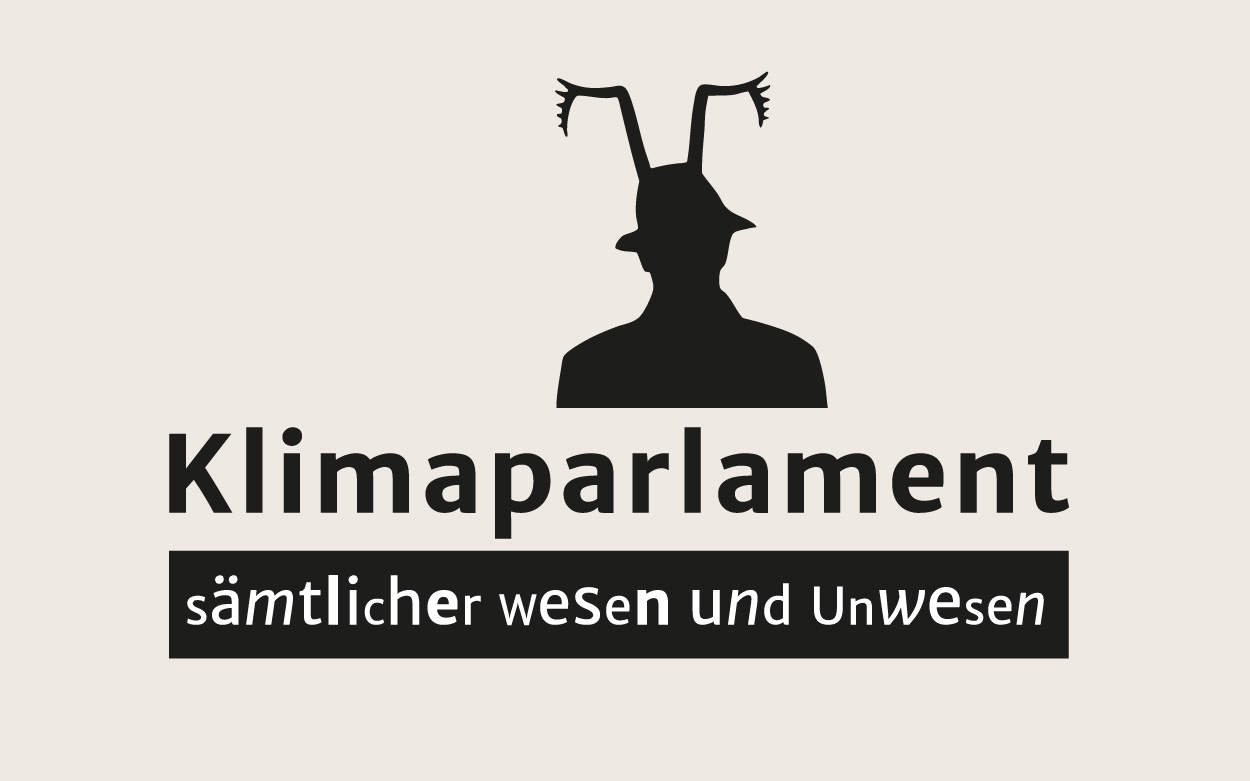
Go to course
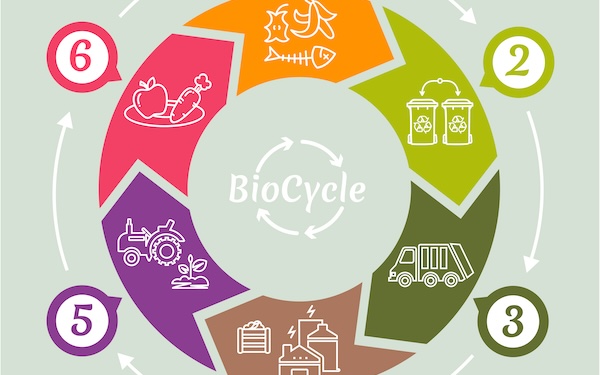
Go to course
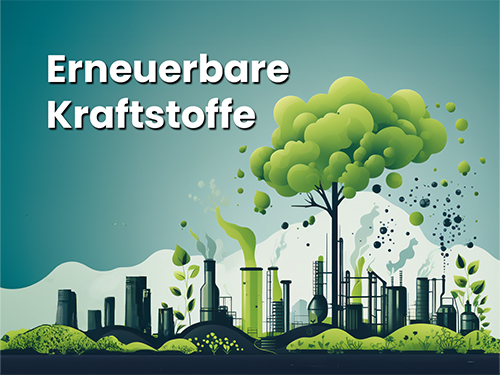
Go to course
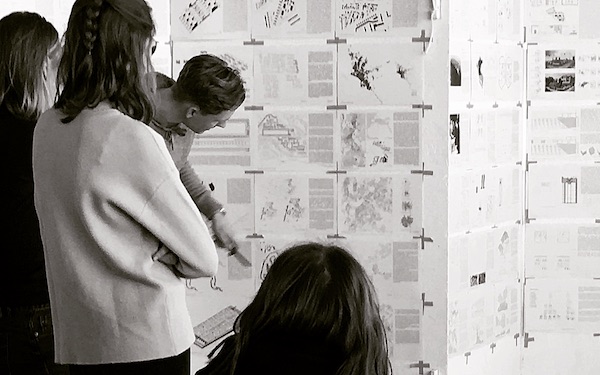
Go to course

Go to course
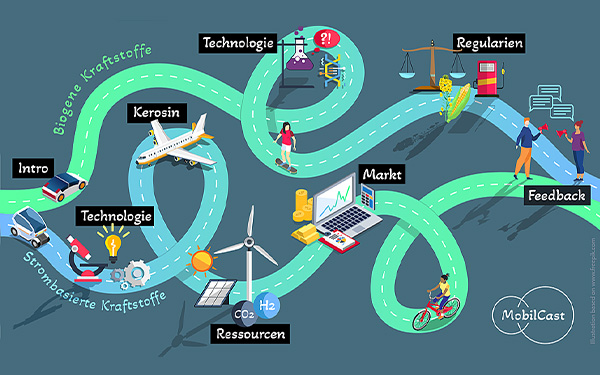
Go to course

Go to course

Go to course
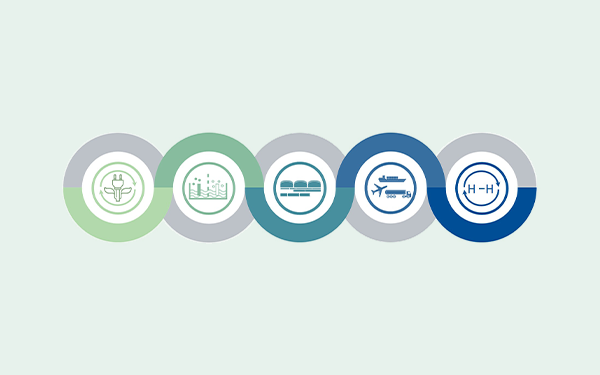
Go to course
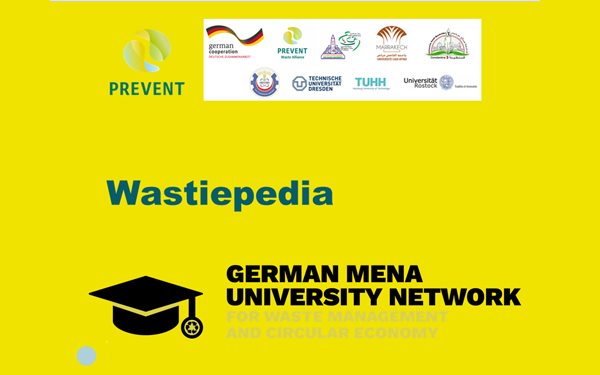
Go to course
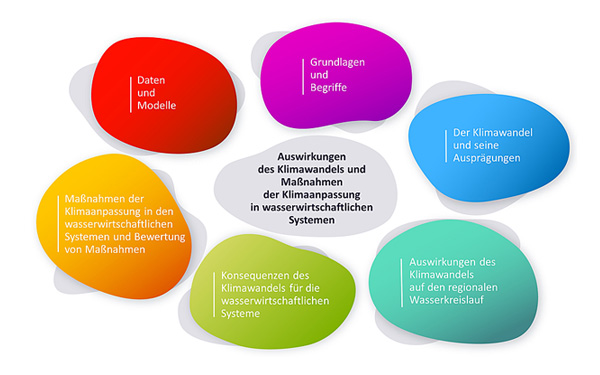
Go to course
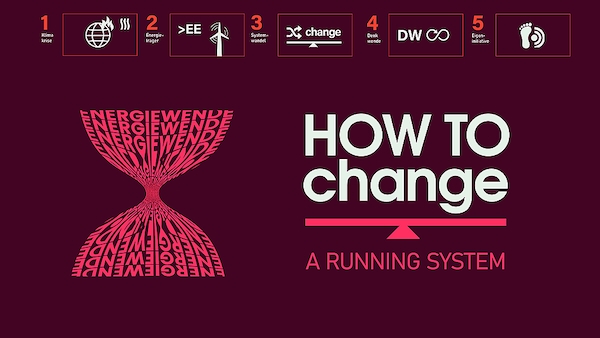
Go to course
